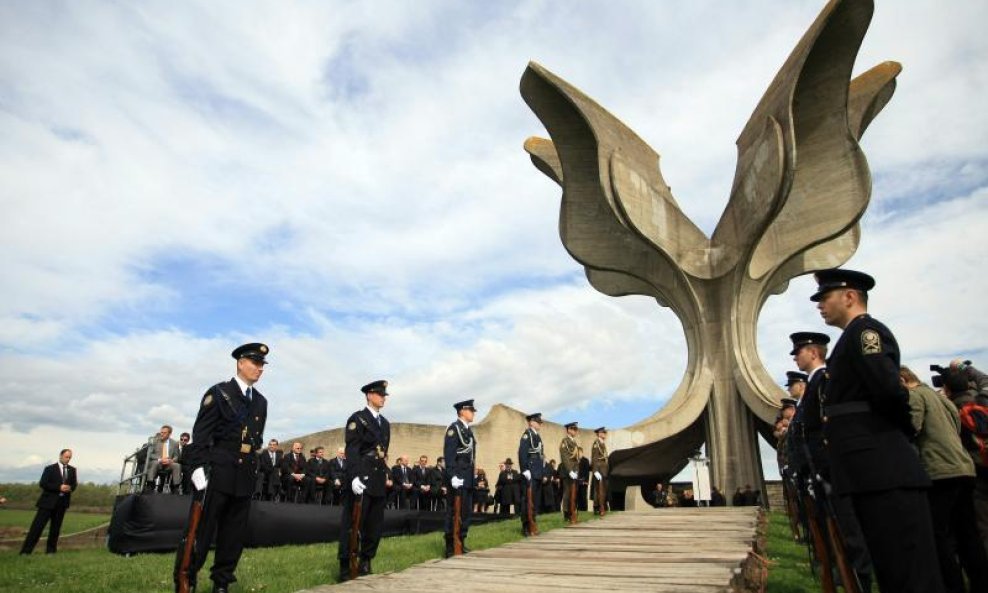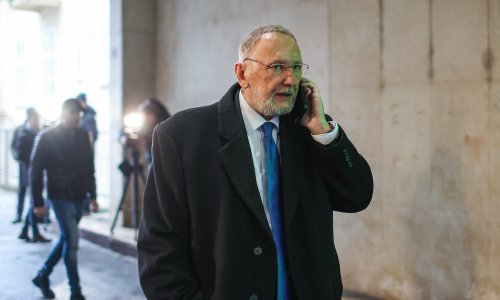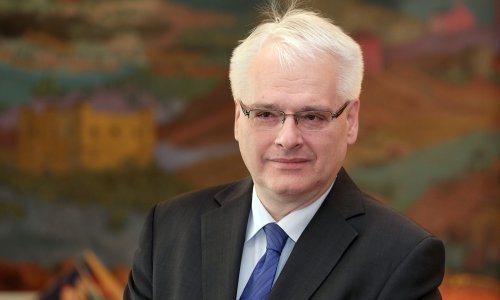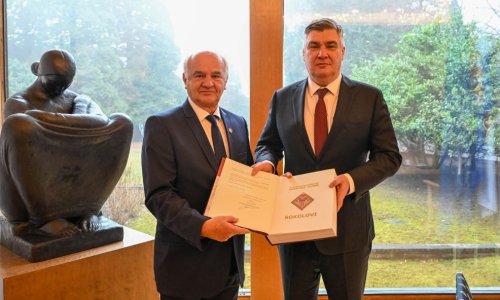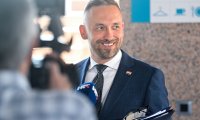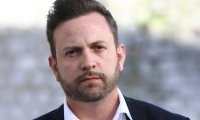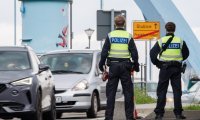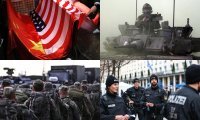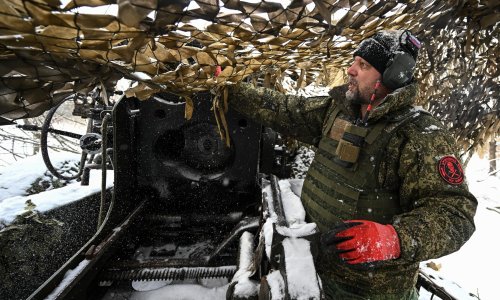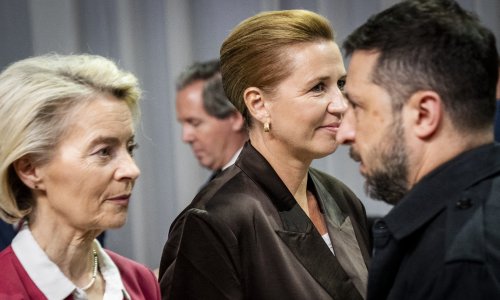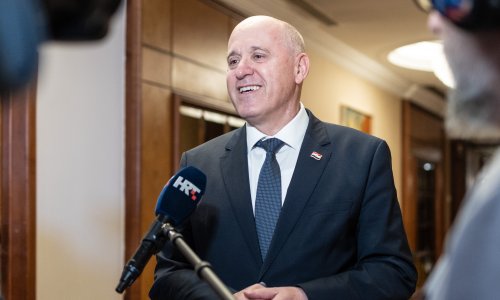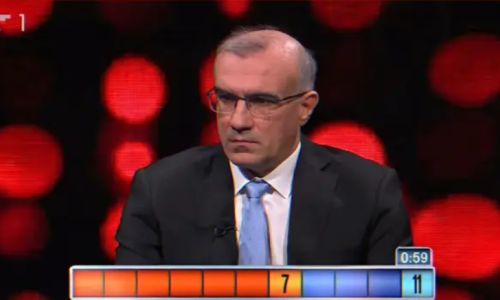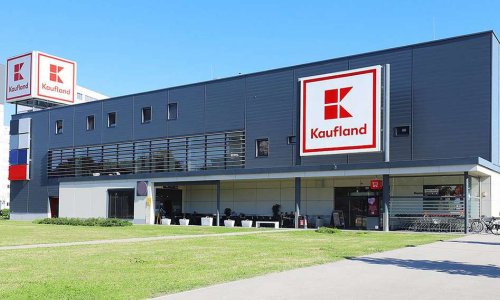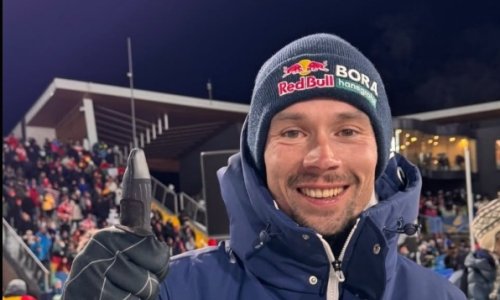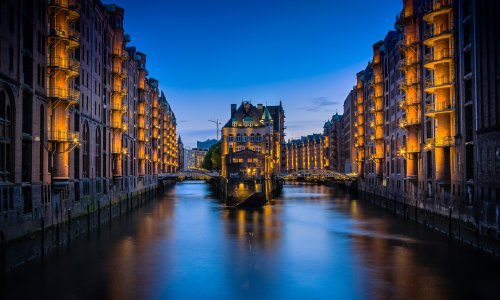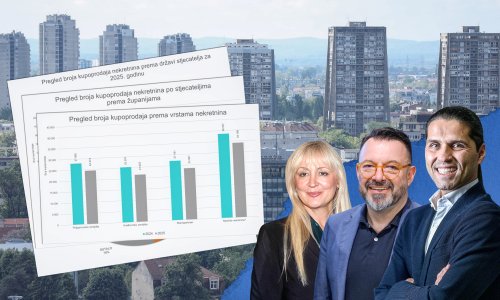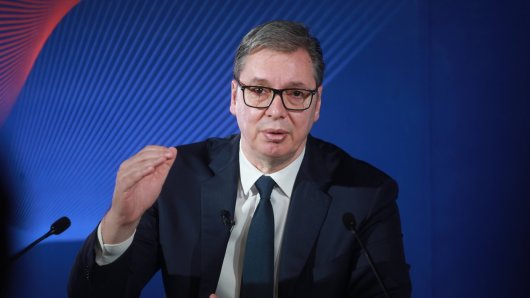Speakers at commemorations which were held on Sunday in Jasenovac to mark the 68th anniversary of the breakout of inmates from the Jasenovac concentration camp, which had been run by the Nazi-style Ustasha regime from 1941 to 1945, called for permanent remembrance of the victims so that similar crimes would never again recur.
Today's commemoration of the 22 April 1945 breakout was addressed by President Ivo Josipovic, Parliament Speaker Josip Leko , Prime Minister Zoran Milanovic's envoy Mirando Mrsic and also by the the chairwoman of the council of the Jasenovac memorial centre, Katica Sedmak.
The commemoration was shifted for this Sunday, 12 May, after the initially planned events, scheduled three weeks ago, had to be postponed due to inclement weather and floods in the Sava River basin.
During his speech President Josipovic called for thwarting any attempt to revive the ideology of the Holocaust and ideologies directed against other people ony because they are of different ethnic or religious background.
We must not forget the experiences from Jasenovac, the Holocaust the the Ustasha ideology (of the 1941-1945 pro-Nazi Independent State of Croatia, NDH) and we must not forget that the members of the Croatian people participated in them, Josipovic said, recalling that according to the statistics of the camp, 83,301 victims were killed in the camp complex in Jasenovac, and the victims were Serbs, Jews, Roma, Bosniaks as well as Croats whom the then regime deemed to be enemies to the Ustasha ideology.
Jasenovac was the largest forced-labor and concentration camp set up by the NDH in marshland at the confluence of the Sava and Una rivers near the village of Jasenovac in the second half of 1941 and operated until the breakout in 1945.
There had been a total of 1,073 people detained in the camp complex in mid-April 1945 when some 600 inmates decided to try to break out, and of them only about a hundred managed to flee, while the remaining 473 detainees in the camp were killed and burnt. On the same day, inmates in the nearby camp "Kozara" also launched a breakout, and of 167, only 11 inmates survived.
The memorial centre's council chair Sedmak said at the beginning of today's events that of those 83,301 victims, some 20,000 were women and 20,101 were children below the age of 14.
During his speech President Josipovic also said that the Croatians "can be proud of their anti-Fascist movement the the victory over Nazism and of those of them who stood against crimes".
That victory (in WW II) and our victory in the (1991-1995) Homeland Defence War are the foundations of the present-day Croatian state that is about to join the European Union as a full member, Josipovic emphasised.
The parliament head Leko also called for cherishing the memories of the victims of "the insane Nazi-Fascist ideology" and for nourishing mutual respect, freedom and peace.
He recalled the Croatian people's great contribution to the anti-Fascist Struggle in WW2 when the Croatians took side with the victors.
Leko said that Croatia would soon join the EU, which, he said, is based on the anti-Fascist ideals and embraces democratic standards, and Croatia's admission to the EU is not only the accomplishment of the country's strategic objectives but also a guarantee for the respect for human rights and fundamental freedoms of minorities.
At the end of the ceremony, President Josipovic decorated three surviving inmates, and also prayers were said in front of the Flower Monument in the memorial centre.



